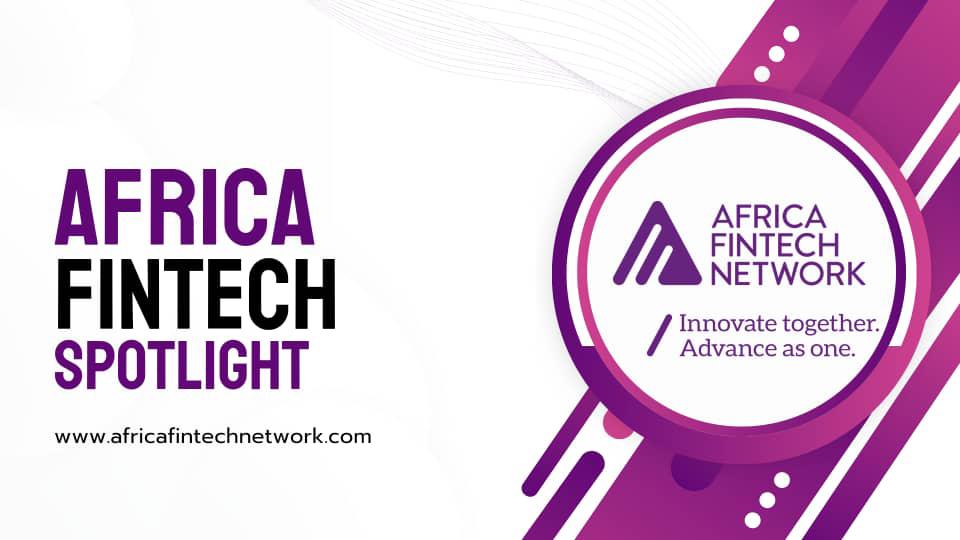
Africa FinTech Spotlight
Condia Insider: Is Africa ready for contactless payment?
Contactless payments are growing in Africa, driven by fintech innovations and regulatory support. However, adoption remains slow due to infrastructure gaps, security concerns, and a strong cash culture. Overcoming these barriers will be key to mainstream adoption.
🧠 The Breakdown
Across Africa, the way people pay for goods and services is evolving. Fintech innovations and digital banking have introduced new payment methods, including contactless payments, which are gaining momentum.
But despite multiple attempts to push contactless payments, adoption has been slow. Infrastructure gaps, security concerns, and a long-standing preference for cash have held back widespread use.
Read more: https://thecondia.com/condia-insider-contactless-payment-africa/
Touch and Pay fuels 291% growth in prepaid card usage in Nigeria
Touch and Pay (TAP) Technologies Limited, the fintech company behind Cowry card for Lagos’ train and Bus Rapid Transit (BRT) systems, has driven a 291% surge in closed loop prepaid cards usage between 2021 and 2024, according to a report by global market research firm Euromonitor International.
Closed-loop prepaid cards are preloaded with funds but can only be used within a specific network or with designated merchants.
This growth highlights the increasing adoption of cashless payments, particularly in Nigeria’s largely informal transportation sector. Cashless payments reduce the time and hassle associated with cash transactions and the risk of theft and robbery, which are common issues in the sector.
Read more: https://techcabal.com/2025/03/10/touch-and-pay-fuels-growth/
Next Wave: Kenyan government services turning into pay-to-access schemes
The recent revelations about the e-Citizen platform and its financial irregularities raise concerns about the management and future of digital government services in Kenya. At least KES 144 million ($1.1 million) collected through the platform is unaccounted for, adding to its history of mismanagement.
These issues arise amid discussions on privatising key government functions. The state still relies on Webmasters Kenya, a private firm, to manage the platform years after winning a court case over its ownership. Webmasters Kenya’s proposal to introduce premium charges for expedited services fuels speculation that the government is considering a subscription-based model that could limit access to public services.
Read more: https://techcabal.com/2025/03/10/kenyan-government-services-turning-into-pay-to-access-schemes/
France’s Flowdesk Secures $102M to Expand Digital Asset Liquidity Services
Flowdesk, a France-based digital asset trading and technology firm, has secured US$102 million in funding, with support from HV Capital and debt financing from funds and accounts managed by BlackRock.
The investment will support Flowdesk’s expansion in OTC derivatives, the launch of a crypto credit desk, and enhanced compliance efforts ahead of MiCA regulations.
Founded in 2020, Flowdesk has become a key liquidity provider in the cryptocurrency sector through its Market-Making as a Service model.
How Buy Now Pay Later is Driving Financial Inclusion in Africa
Buy Now, Pay Later (BNPL) is emerging as a key player in modern consumer financing, offering an alternative to traditional credit models and reshaping how people access and manage credit.
Once dismissed as a niche payment option, BNPL has now become a significant force in the credit market, challenging traditional lending models and offering a pathway to financial inclusion for many underserved consumers.
BNPL is not a new concept. According to the TransUnion Consumer Pulse Study Q4 2024 74% of those surveyed in South Africa have heard of BNPL, with 50% of respondents using the service more than once in last 12 months. The study also indicated that 13% of those surveyed used BNPL services to avoid paying credit card interest, while 12% leveraged the service to spread payments over time.
Sweden’s Riksbank works on offline payments in contingency planning for war outbreak
The possibility to pay offline in Sweden when the Internet is down is currently limited and does not work at all for contactless and mobile wallet payments.
“In light of the deteriorating security situation in Sweden and our neighbouring region, both public and private actors need to urgently step up their efforts to create a payments market that can withstand disruptions,” says Riksbank governor Erik Thedéen. “The Riksbank is therefore prioritising work on improving the possibility of making offline payments by card to strengthen resilience. We have brought together the relevant stakeholders and together we will have a solution in place by 1 July 2026. But we also urge the public to strengthen their own payment preparedness and to have both physical payment cards and cash available and to use these payment methods regularly,”
XRP to Revolutionize Cross-Border Payments, Leaving SWIFT Behind
XRP, the digital asset made by Ripple, is gaining fame as a possible alternative to SWIFT, the well-known global payments network. As traditional financial systems struggle to keep up with technological advancements, XRP’s speed, cost efficiency, and capacity to improve cross-border payments are gaining a lot of attention.
The Struggles of SWIFT: A System in Decline
While SWIFT has been the backbone of global financial transactions for many years, its flaws are now more obvious than ever. SWIFT is known for its slow transaction speeds, which can take several days, as well as its high transaction fees, especially for cross-border payments. In a world where instant, affordable services are becoming the norm, SWIFT is finding it difficult to keep up with the demands of global commerce.
Read more: https://coinfomania.com/xrp-to-revolutionize-cross-border-payments-leaving-swift-behind/


